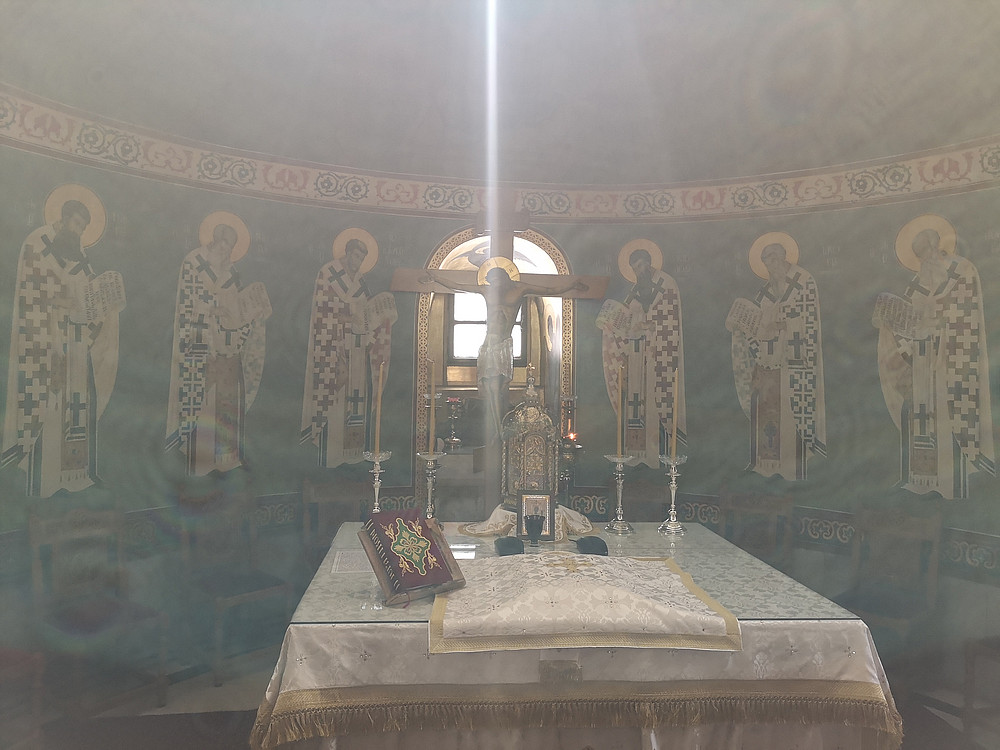Research focus pneumatology

Pneumatology (Greek πνεῦμα pneûma 'breath, breath' and λόγος lógos 'speech, sense') refers within to the Christian doctrine of and reflection on the Holy Spirit, the third person of the Trinity.
Thirty-five years after the Council of Nicaea (325), the situation in Christianity proved that Constantine was wrong in his assessment that this synod would settle the divisions and create a solid foundation for the unity of the Empire. On the contrary, the situation was more complex than ever: (new) Arians or Anhomoians, Homoians and a divided front of the pro-Nicene party. Moreover, the boundaries between the groups were often blurred and permeable. In addition to doctrinal issues, political and socioeconomic factors were closely intertwined and cannot be ignored. On the other hand, the issue at stake is not insignificant. The belief that God is one and three is undoubtedly the core of Christianity. However, while the development of doctrine about Christ is well known, the role and significance of the third person in Trinitarian dogma remains obscure and subordinated.
While Christology will spend many more centuries coming to agreement on its basic principles, the pneumatological conflicts are essentially confined to the three decades leading up to the Council of Constantinople (349-381). This imbalance between Christological and pneumatological development is also reflected in scholarship. The amount of specialized literature dealing with the former has no parallel in the latter. Grillmeier's multi-volume monumental work Jesus the Christ in the Faith of the Church may be cited as an example. On pneumatology, there is no comprehensive study of this development at all (with the exception of Swete's nearly century-old study, The Holy Spirit in the Ancient Church, 1912). Although two important anthologies have appeared in recent decades: Lo Spirito Santo nella testimonianza dei Padri e degli scrittori cristiani: (I - V sec.) (ed. Gerardo Di Nola) 1999, and Pneumatologie in der Alten Kirche (eds. Wolf-Dieter Hauschild and Volker Henning Drecoll) 2004, the need for a comprehensive account of patristic pneumatology, especially in the second half of the fourth century, seems an urgent task for scholars.
In addition to the main features of the development of pneumatology in the first three centuries, the political and ecclesiastical environment in the second half of the fourth century is also the focus of research, as well as the complex development of this period with special emphasis on the Christological controversies, the lack of relevance of the Spirit in these debates, and its presence in liturgical and confessional texts.